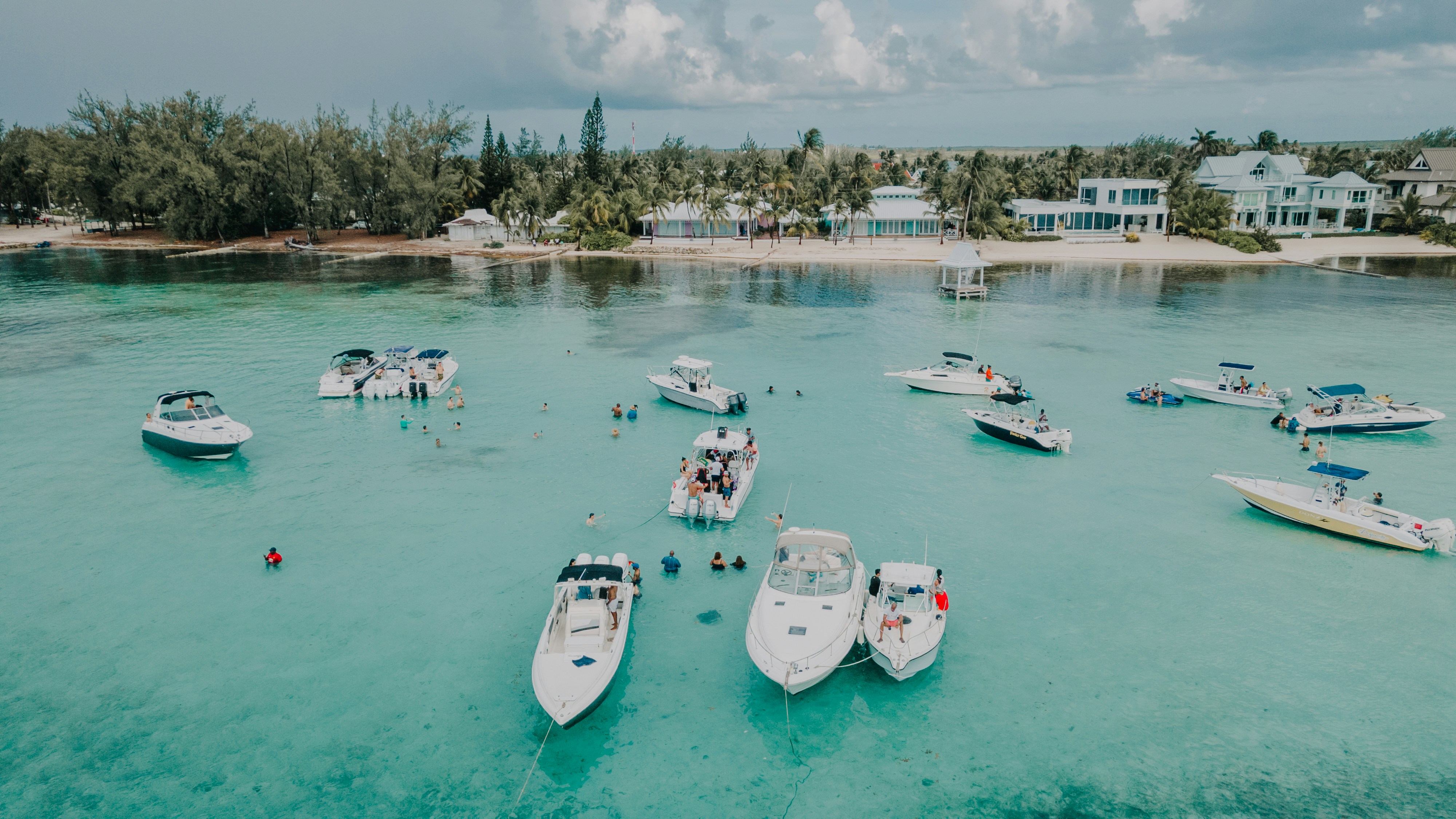
In a new article, you and your co-author Theresa Squatrito examine the relationship between so-called informal intergovernmental organisations (IIGOs) and transnational actors like corporations or international NGOs. What are informal institutions and how do they differ from their formalised counterparts?
IIGOs are associations of three or more sovereign member states that meet regularly. What sets them apart from formal international organisations – e.g., the United Nations, World Trade Organisation, etc. – is that they are not anchored in an international treaty and operate without headquarters, staff, and budget. A few of these IIGOs are widely known, such as the G20 or the BRICS group, which recently had its summit in Russia. That being said, there are several hundreds of them in total – many of which fly below the public radar.
Let’s review a few examples: The Association of Small Island States represents the interests of low-lying coastal, developing countries that are particularly vulnerable to climate change. The Australia Group engages in the fight against the proliferation of chemical and biological weapons. The Visegrad Group – or the V4 – coordinates the policy positions of four Central European EU member states in various issue areas. The list goes on.
Bottom line: what makes IIGOs attractive in the eyes of member states as compared with more formalised organisations are their lower costs, high flexibility, and secrecy vis-à-vis potential critics and the wider public.
In your research, you investigated if and when IIGOs provide non-governmental stakeholders with opportunities to participate in governing processes. What did you find?
From our sample of almost 100 IIGOs, we found evidence of non-state participation in about half of them. This was surprising, especially given common claims regarding their secrecy and exclusivity. However, we found that their openness is different from that of formal organisations. Most importantly, IIGOs are much more selective: civil society organisations and business representatives cannot simply insist on a codified right to participate. Access is mainly based on invitation and is commonly managed by the host country.
Regarding the motives for states to give access to private actors, we found a mix of explanations – and substantial variation across issue areas. For example, democratic norms matter if an IIGO deals with environmental issues, but not so much if they are focused on security politics. Further, public visibility contributes to greater openness among IIGOs, except when focusing on finance and economics, in which case visibility doesn’t play a noticeable role. And: if an IIGO has ties to a formal international organisation with generous participation arrangements, it is less likely to provide access to non-state actors.
Why is it important that we better understand under which conditions informal institutions involve non-governmental actors?
Many formal organisations like the UN, the WTO, and the OSCE are thought to be in a state of crisis and stagnation. To compensate, more and more states turn to IIGOs, whose numbers and political salience have been growing in recent years. According to previous research, non-state actors positively impact the effectiveness and legitimacy of formal international organisations: understanding if, when, and how non-governmental players participate in IIGOs will thus contribute to our assessment of how (well) these institutions go about solving global problems.
In times of a democratic decline in many parts of the world, studying the role of non-state actors’ interaction with IIGOs will help us understand the future of democracy in global governance.
Certainly, there are a lot of dynamics at play that influence the relevance of informal cooperation. IIGOs are less permanent and robust – few sunk costs are involved, and no secretarial staff will fight for their survival. Consequently, it is easier for states to give up on IIGOs, which makes them less reliable partners for private stakeholders. What is more, informal cooperation enjoys great popularity and support from autocrats and populists, as it is less intrusive vis-à-vis domestic sovereignty. In times of a democratic decline in many parts of the world, studying the role of non-state actors’ interaction with IIGOs will help us understand the future of democracy in global governance.
In the ENSURED project, we investigate how the EU and its member states attempt to defend effective and democratic multilateralism. Given the growing political salience of IIGOs, it is no surprise that the EU also acts through and collaborates with informal institutions. However, this presents Brussels with a dilemma, as IIGOs offer greater flexibility but are often seen as problematic when it comes to their accountability and inclusiveness. Our research on the openness of IIGOs might highlight a pathway to bypass this quagmire: informal arrangements with stakeholder participation, which could be more attractive strategic partners for the EU.
This contribution is based on the author's recent article, "Informal Governance and Transnational Access in World Politics". Thomas Sommerer is Professor of International Organisations at the University of Potsdam and a Work-Package Leader in ENSURED. His research focuses on the design and performance of international organisations and democracy and legitimacy in global governance.








.png)
